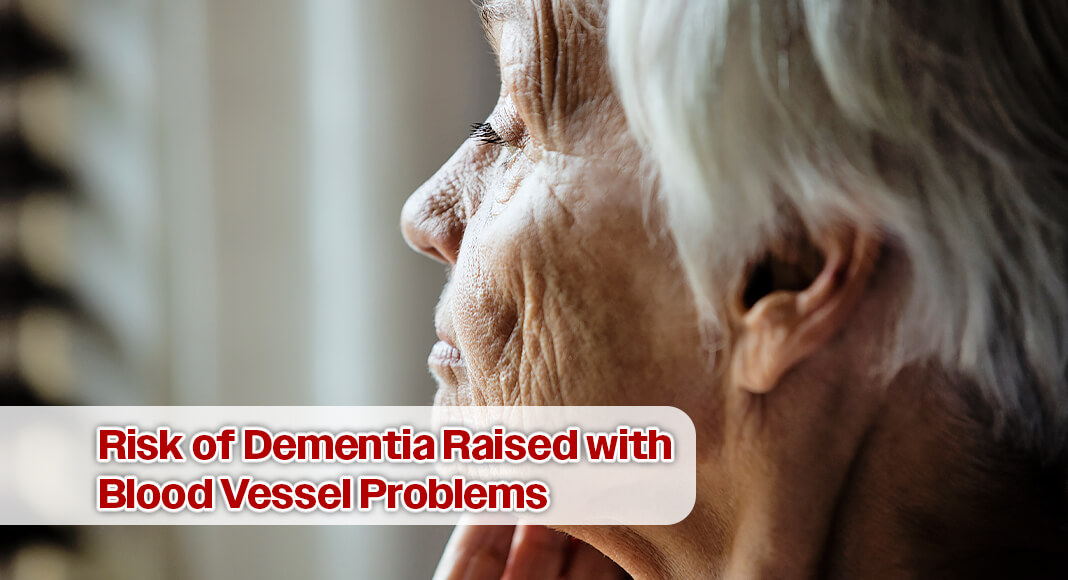
Mega Doctor News
Newswise — JACKSONVILLE, Florida — The factors that raise the risk of heart disease and stroke can also raise the risk of dementia. When blood vessels are damaged or blocked, it can deprive your brain of vital oxygen and nutrients, and that could lead to vascular dementia.
Vascular diseases contribute to approximately 25% of all dementia diagnoses.
“Vascular changes in the brain most often damage the axons — or cables — that connect different parts of the brain,” says Dr. Stephen English, a vascular neurologist at Mayo Clinic. “Therefore, signals take longer to travel, so our brains are not working at full speed.”
Dr. English says the signs of vascular dementia include problems with reasoning, planning, judgment, memory and other thought processes.
“High blood pressure, high cholesterol, diabetes, smoking, obesity and sleep apnea — these are the modifiable risk factors that, if untreated, can cause wear and tear on the small blood vessels in the brain over time,” Dr. English says.
“We can potentially augment some of these risk factors,” says Dr. English. “Medications and lifestyle changes can lower blood pressure and cholesterol; we can treat sleep apnea with certain devices or surgeries; and we can help you stop smoking. These are some things that can reduce the risk of developing vascular dementia.”
Common conditions that may lead to vascular dementia include strokes that block a brain artery; brain hemorrhage; and narrowed or chronically damaged brain blood vessels.
If you are at risk or show signs of vascular dementia, consult a neurologist.
Treatment often focuses on managing the health conditions and risk factors that contribute to vascular dementia. Controlling conditions that affect the underlying health of your heart and blood vessels can sometimes slow the rate at which vascular dementia worsens and may prevent further decline.
Depending on your individual situation, your doctor may prescribe medications to lower your blood pressure, reduce your cholesterol level, prevent your blood from clotting and keep your arteries clear, and help control blood sugar if you have diabetes.








